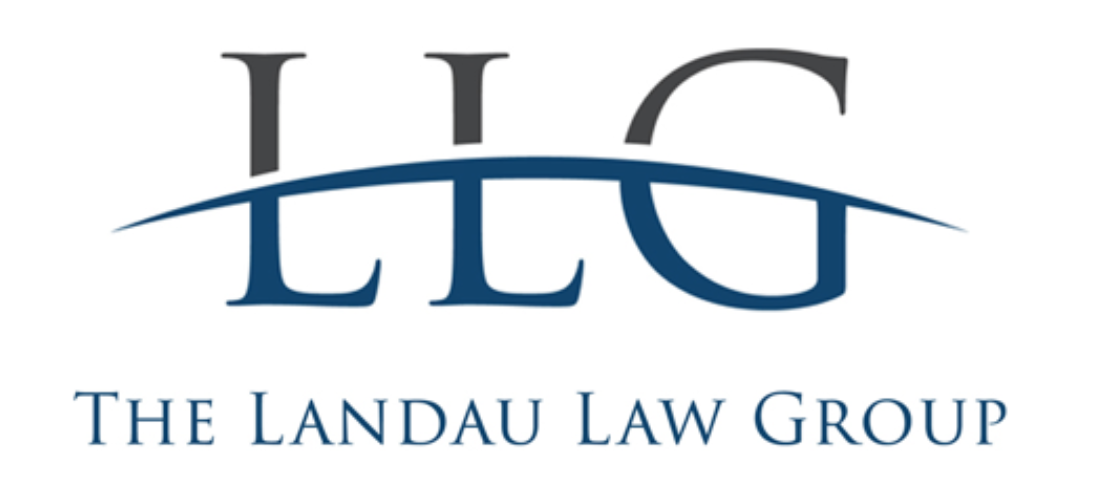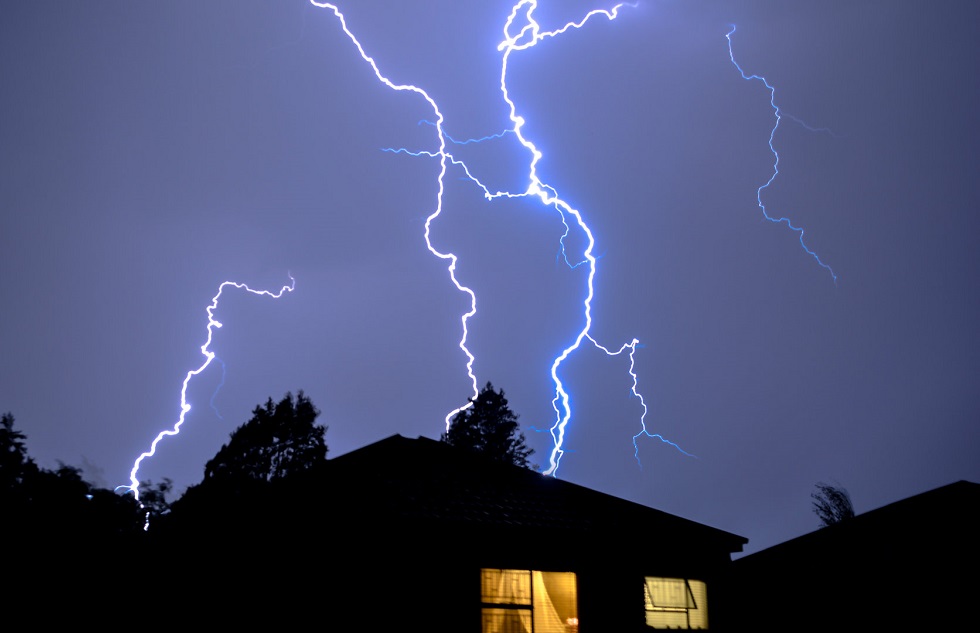Learn about why you may want to choose a lawyer instead of a public adjuster
When unexpected damages hit residential or commercial property, it is important that dealing with the insurance company is taken care of as efficiently as possible, and the policyholder gets the funds necessary to rebuild. Property could be damaged by a hurricane, a storm, lightning, water, mold, fire, termites, or more. Countless amounts of hours, work, and money have been put into a property, making it critical that the policyholder do research when it comes to who to hire when disaster strikes.
Lawyers and public adjusters both assist in requesting funds from the insurance companies for these repairs. They are similar… but different.
Insurance Companies
First, when requesting funds after an incident, the insurance company is going to want to give the policyholder the least amount of money possible. That’s business. The insurance company’s P&L sheets thrive on bringing in as much in premiums and paying out as little as possible. This obviously doesn’t always work for you as the policyholder, as you may not be receiving what you feel you deserve.
After an incident, an insurance provider may not give the property owner the amount they were expecting in order to repair your property. This is often when the policyholder will want to contact a public adjuster or lawyer.
Remember, the insurance company is not the policy holder’s friend. They will look for reasons to pay as little as possible, or reasons to not pay at all.
What is a Public Adjuster?
After an accident, an insurance company provides an adjuster at no charge. A public adjuster is an independent third party the property owner hires, who inspects the damage and makes an estimate according to the value of the damage that has been done, based on their evaluations. The public adjuster will provide an estimate that can be presented to the insurance company in an attempt to get a higher settlement. The public adjuster represents the policyholder, which can cause legal issues for the policyholder if the insurance company claims that there is false information being presented.
In Florida, the maximum percentage that a public adjuster can charge is 20% of the claim. They can also charge an hourly fee.
Why You’ll Want a Lawyer
A property damage lawyer often works with public adjusters and uses them as expert witnesses, but an attorney can do even more. Lawyers will structure your claim for you, and look at all legal issues regarding your policy. A lawyer will also negotiate with the insurance company on the policyholder’s behalf.
If the insurance company is trying to deny coverage or workaround compensating the property owner, it is likely the property owner will need legal advice, which an attorney can help with. There are a number of reasons why an insurance company could say that a policy does not cover a claim. The insurance company may say the policy lapsed, the claim was misrepresented or the damage was intentional. A public adjuster cannot help you with this. Remember, a “policy” is just another term for “contract”.
If the insurance company denies the claim, an attorney can take the case to court. A public adjuster cannot do this. A lawyer can take a case in front of a judge and fight on the property owner’s behalf.
Lawyers at Landau Law Group
If you or a loved one has recently suffered property damage due to a natural disaster or accident, speak with an attorney today for a free consultation. We’ll explain how we work with public adjusters across the state of Florida, and how working with us can be advantageous for your claim. Contact Landau Law Group today at 866-703-4878 for a free consultation regarding your case.
Florida Property Damage Lawyers
Property Damage Blog Posts
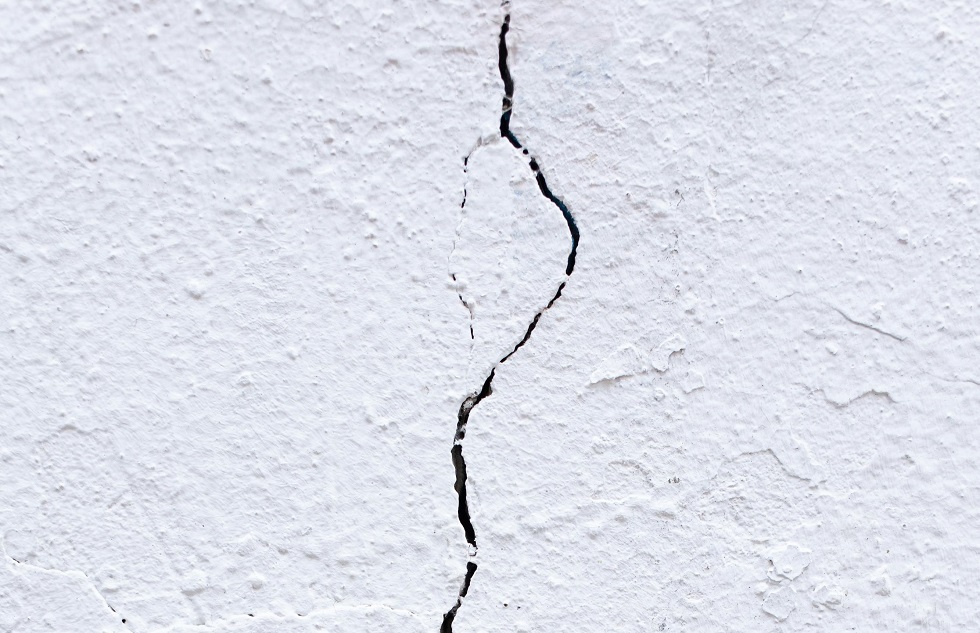
How Do Home Insurance Companies Determine Pre-existing Damage?
Home insurance companies employ various methods to assess pre-existing damage when evaluating property damage claims. This process is crucial for insurers to determine the validity and extent of coverage for property damage. Insurance adjusters conduct thorough visual...

Signs Your Insurance Adjuster Estimate Is Too Low
Insurance claims can be complex, and receiving an adjuster's estimate that seems too low is a common frustration for policyholders. Recognizing the signs of an undervalued estimate is crucial to ensure fair compensation for property damage or losses. Key indicators of...
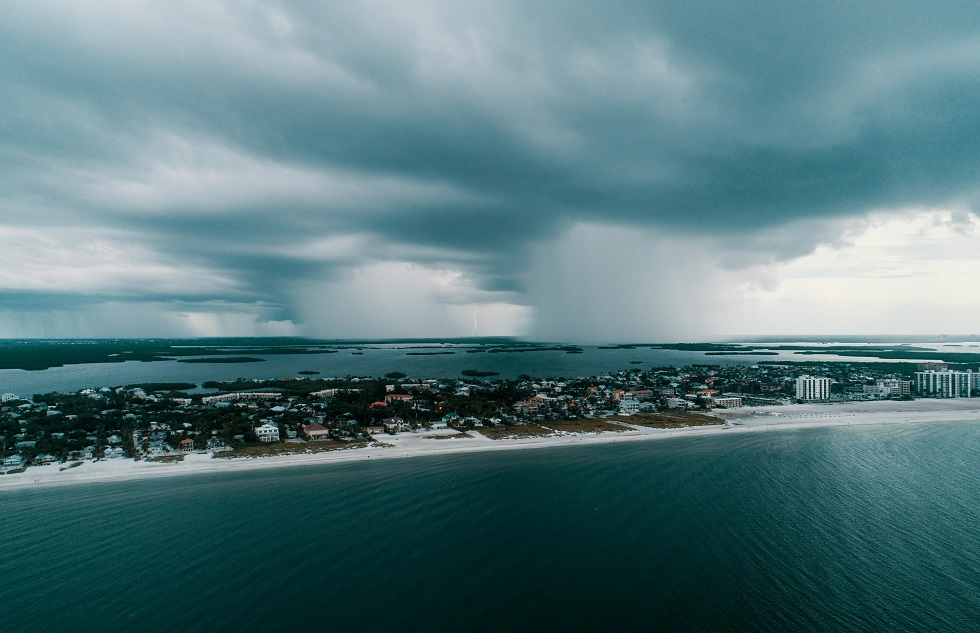
Why Does Florida Have So Many Hurricanes?
Florida is renowned for its beautiful beaches, vibrant culture, and, unfortunately, its frequent encounters with hurricanes. The state's unique geographical location and climate conditions make it particularly vulnerable to these powerful storms. Florida's position on...
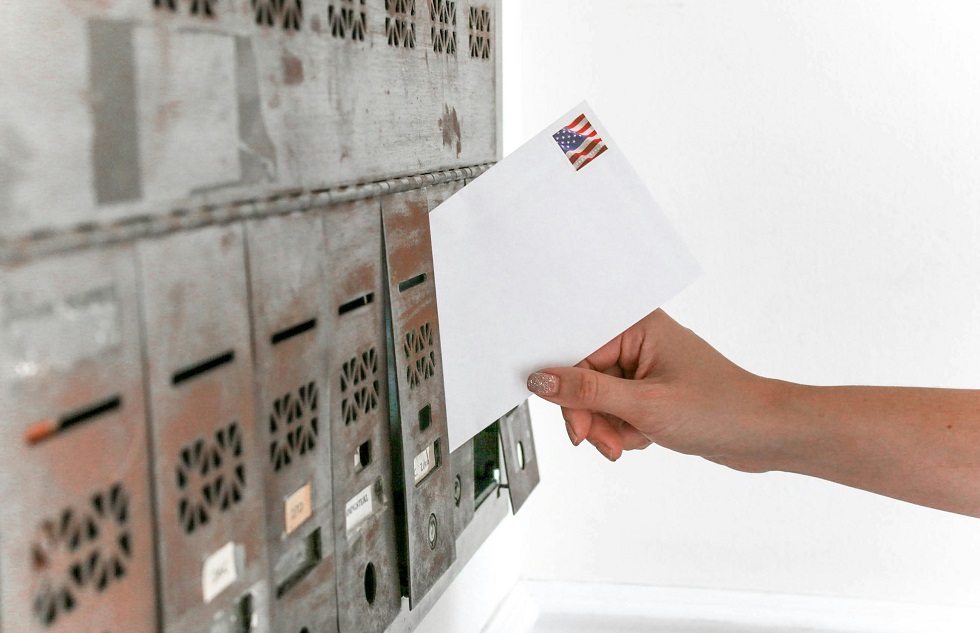
What To Do If You’re Denied Hurricane Damage Claim For Home
Hurricane damage can be devastating for Florida homeowners, leaving them in a state of distress and financial uncertainty. When insurance claims for such damage are denied, it adds another layer of stress to an already difficult situation. Facing a denied claim...
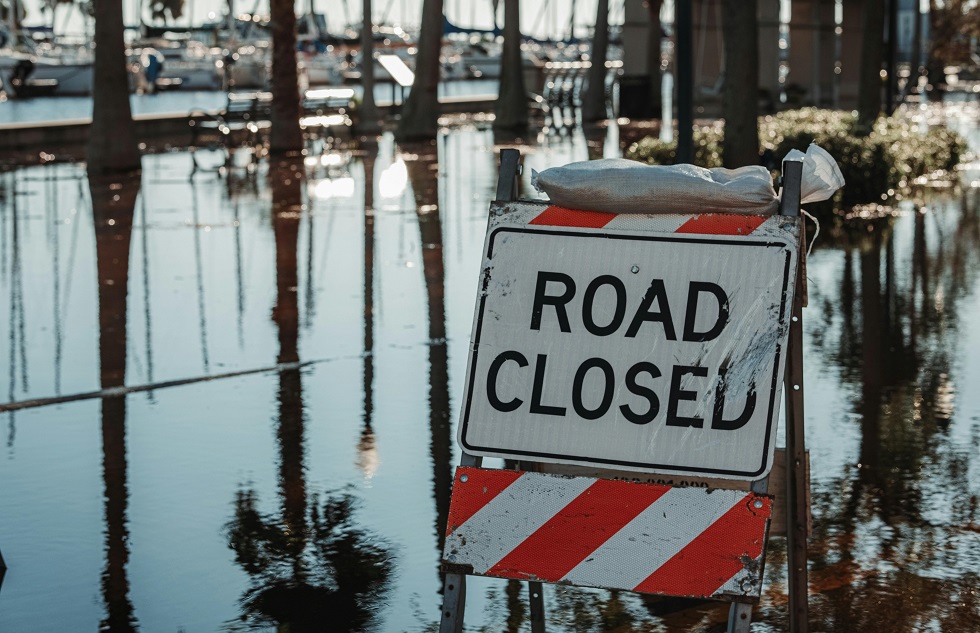
Guide To Documenting Damages For A Florida Flood Claim
Proper documentation of flood damage is crucial for a successful insurance claim in Florida. When floodwaters recede, homeowners face the daunting task of assessing and recording the extent of their losses. Thorough documentation, including photos, videos, and...

What To Do If You Disagree With A Home Insurance Adjuster
Dealing with a home insurance claim can be stressful, especially when you disagree with the adjuster's assessment. Many homeowners find themselves in this frustrating situation after experiencing property damage or loss. If you disagree with the insurance adjuster's...
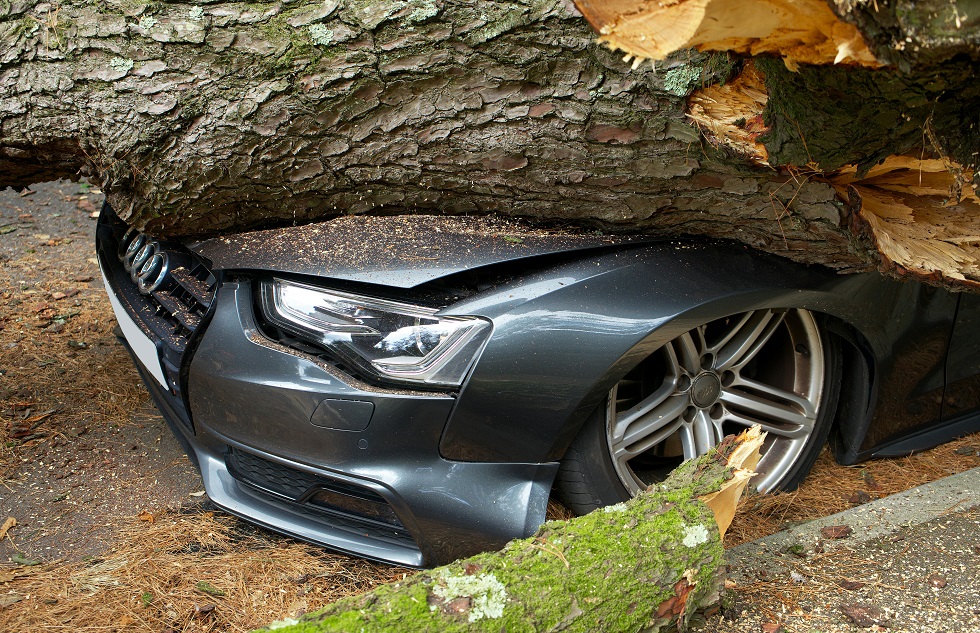
How To Sue Your Neighbor for Property Damage in Florida
Property damage disputes between neighbors can quickly escalate, turning once-friendly relationships sour. If you're facing significant property damage caused by a neighbor in Florida, legal action may be necessary to protect your interests and recover damages. In...

Common Reasons Your Florida Hurricane Damage Insurance Claim May Be Denied
Florida homeowners face a daunting challenge when their hurricane damage insurance claims are denied. Understanding the common reasons for these denials can help you navigate the claims process more effectively. Insurance companies may deny claims due to inadequate...



